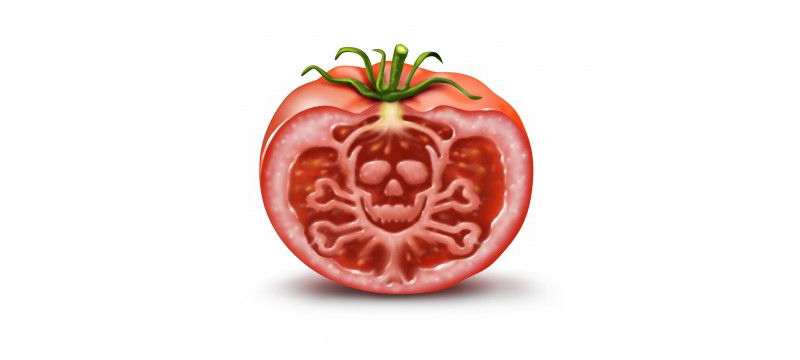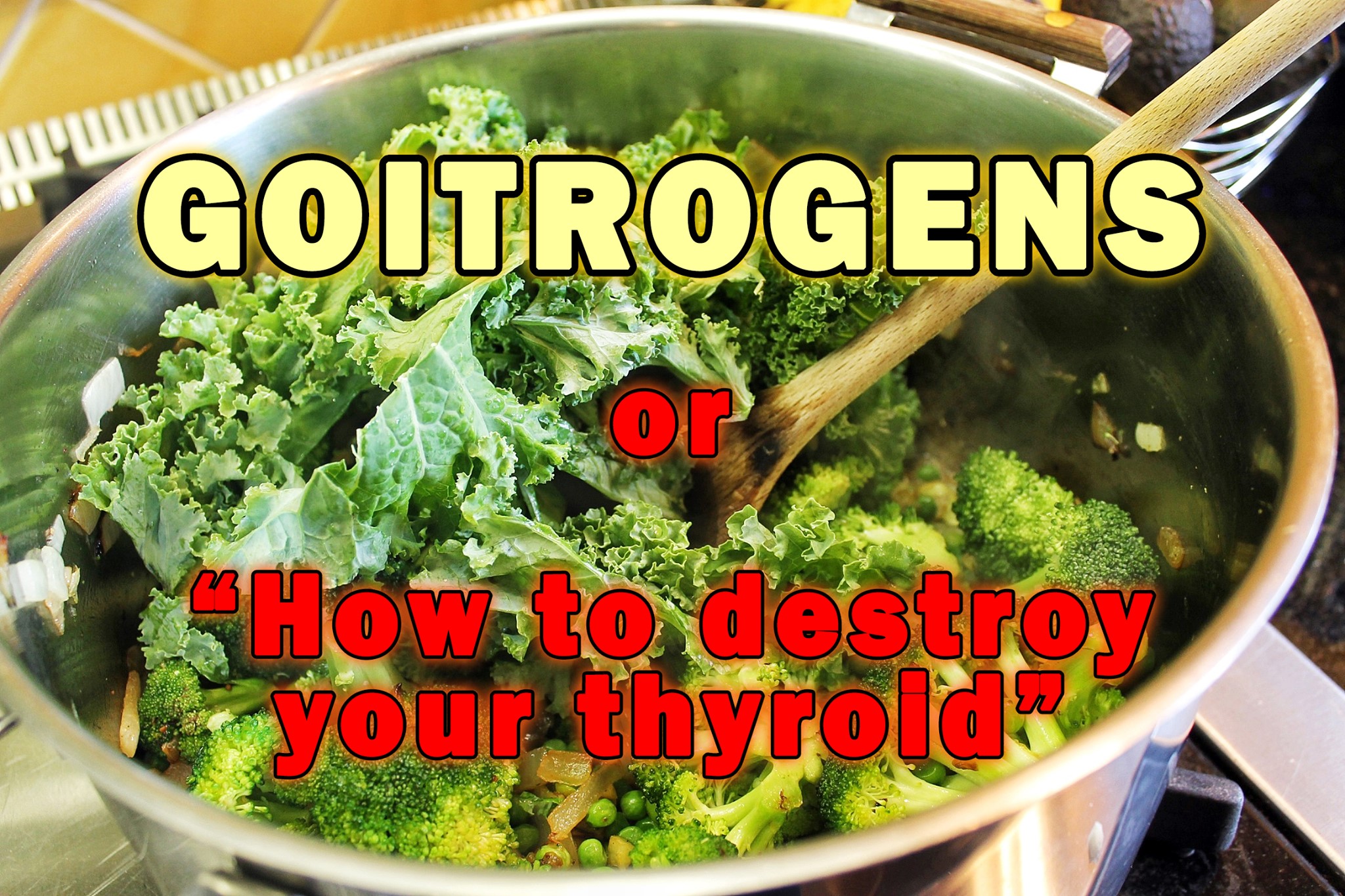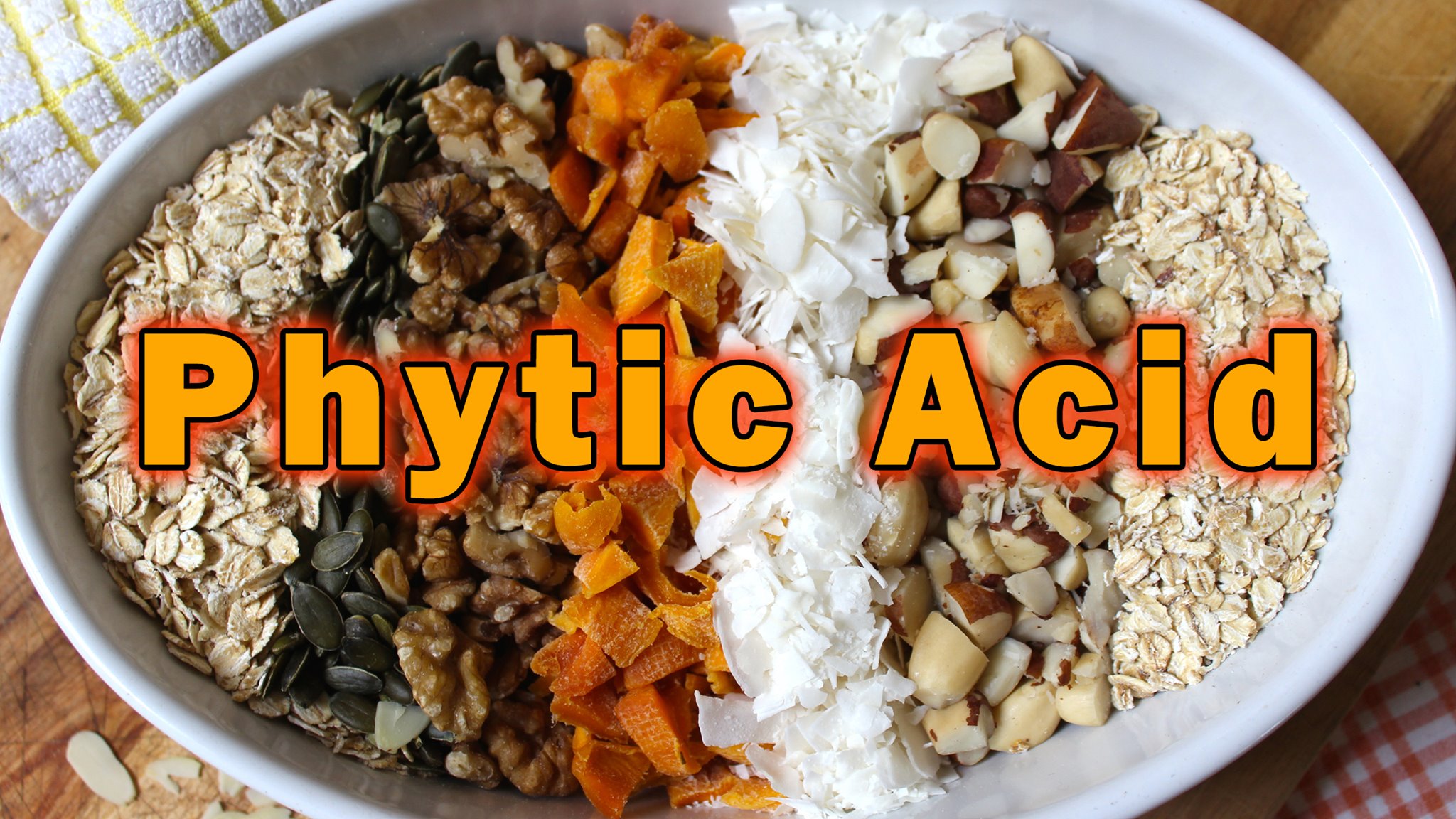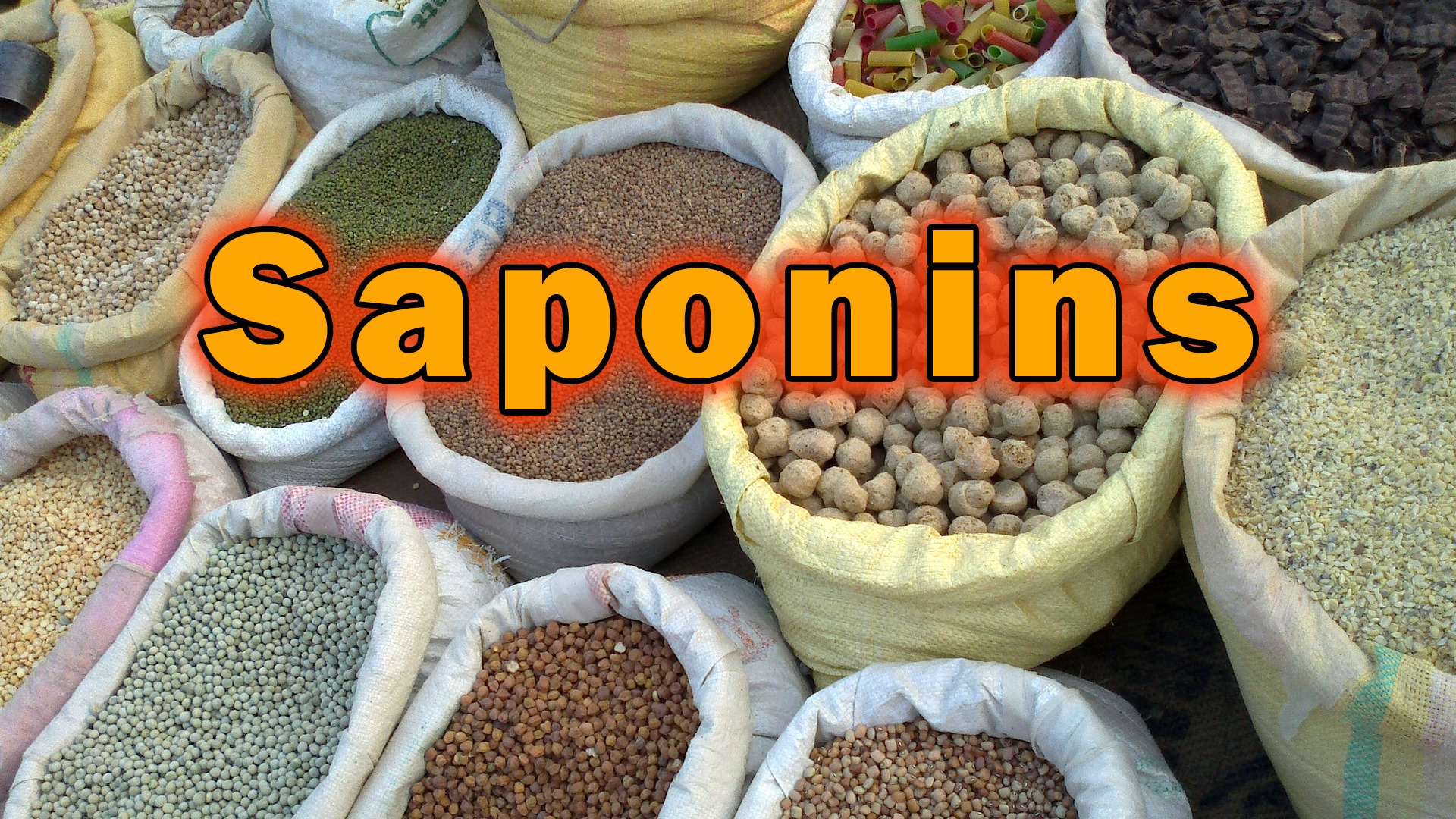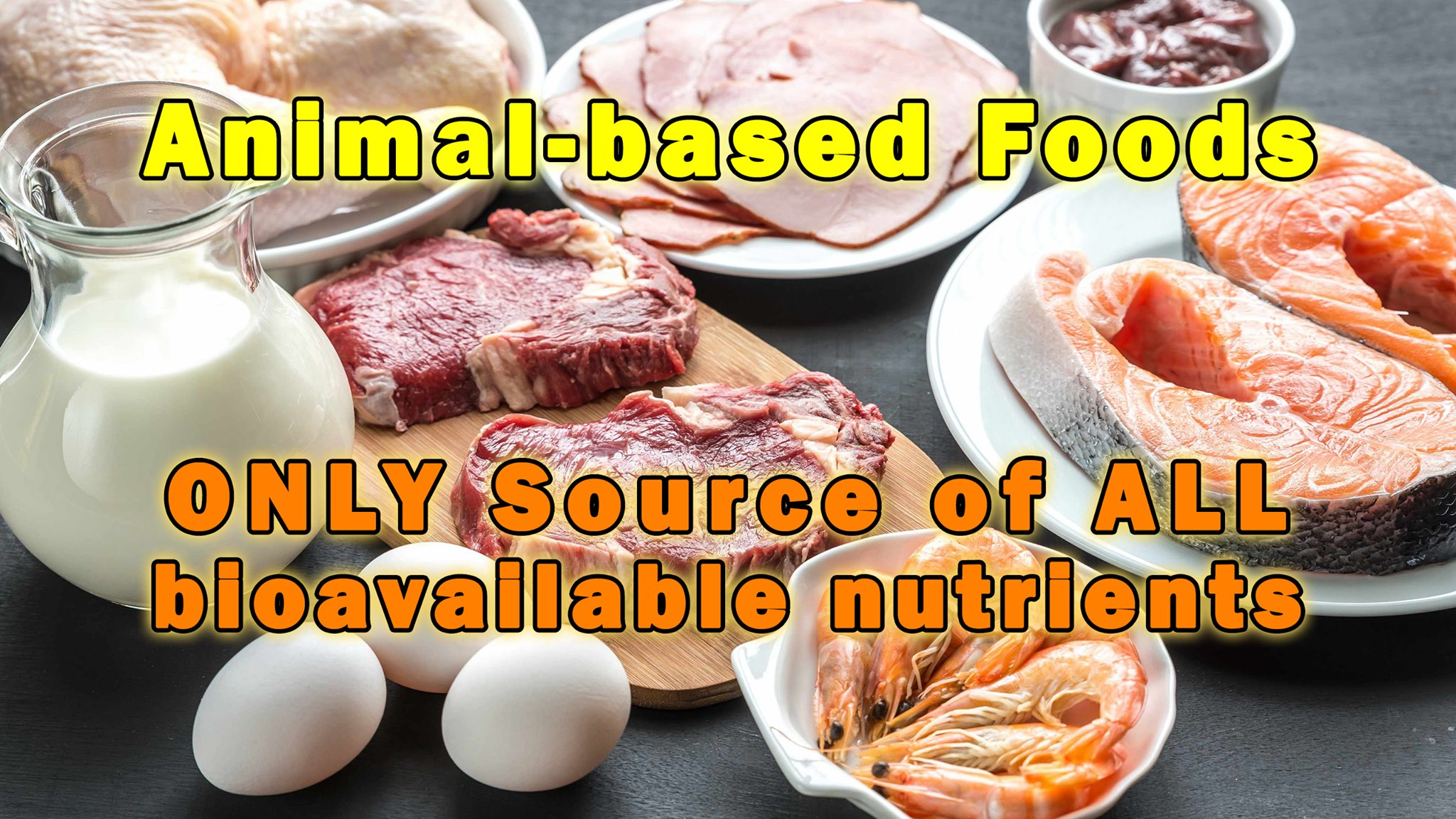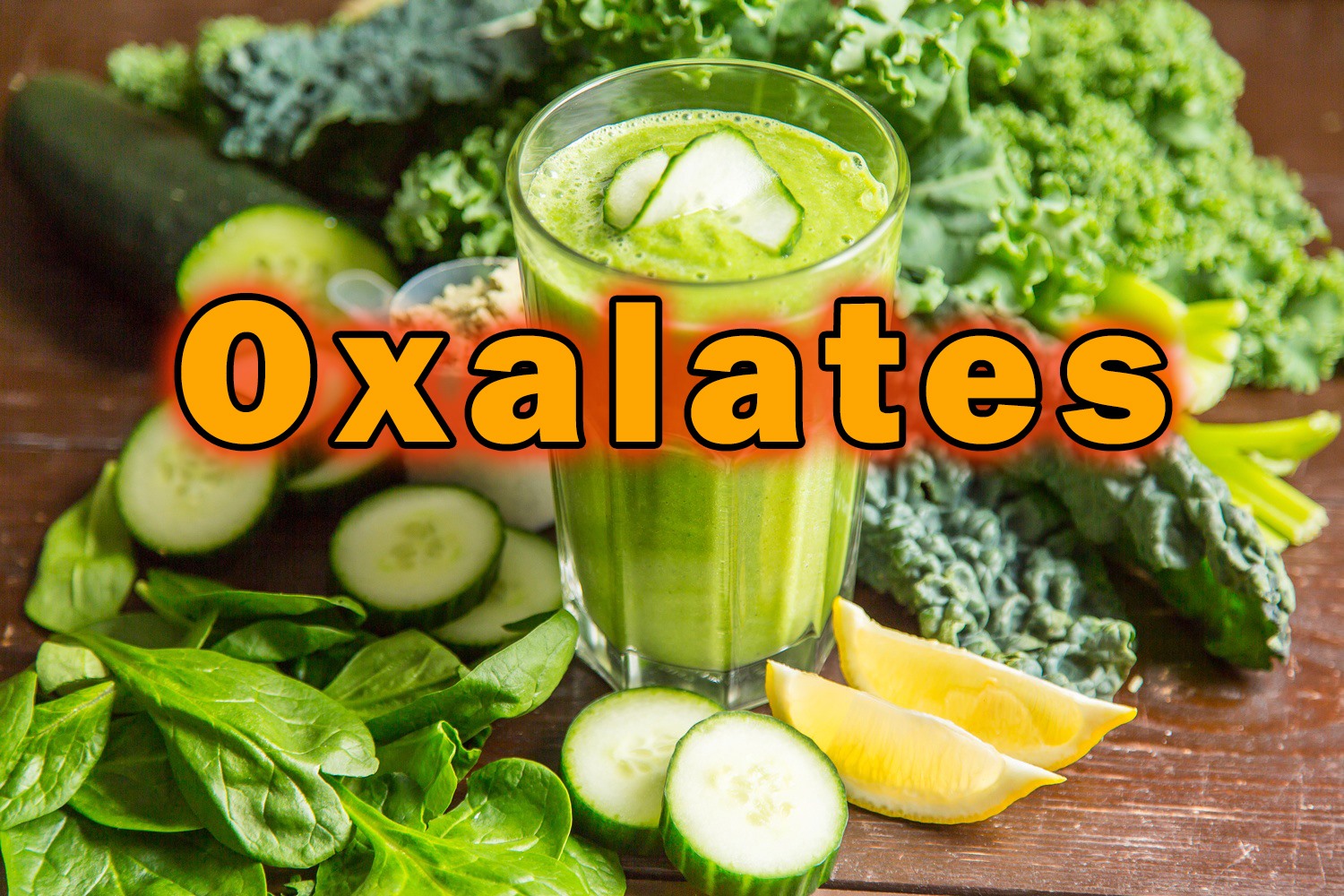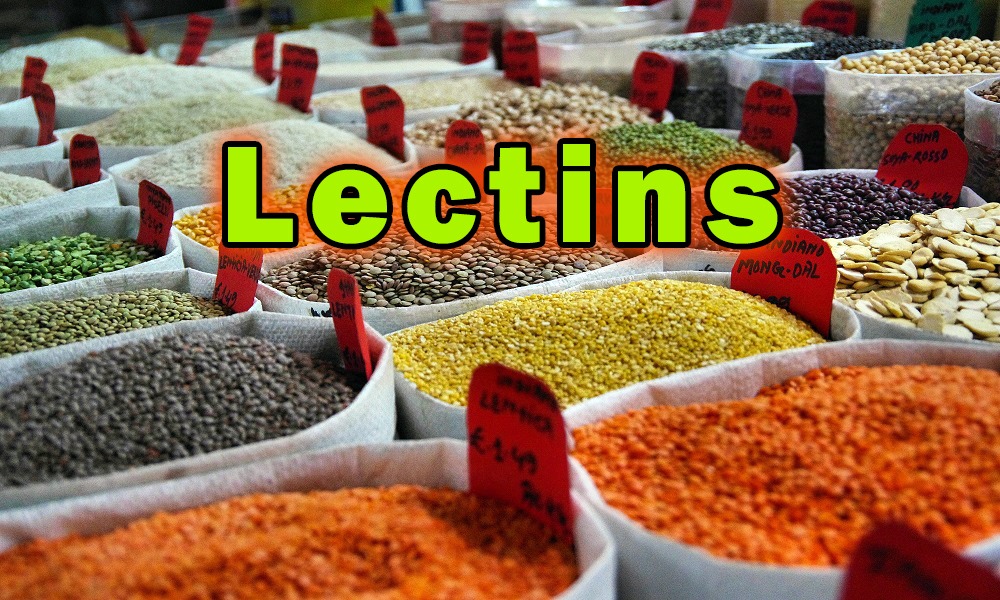Scared? Taking vitamin C? Being a sheeple?
As this mass hysteria about non-existing viruses and fake pandemics sweeps the world, I see a lot of posts about vitamin C and its ‘potential’ to ‘cure’ colds and ‘help’ your immune system against a ‘flu’.While it seems to help against colds in experiments, taking extra vitamin C is a really, really bad idea. I touched on this in my articles ‘the antioxidant scam’ and ‘more on skin care and the misinformation about Vitamin […]
Scared? Taking vitamin C? Being a sheeple? Read the Full Article »
